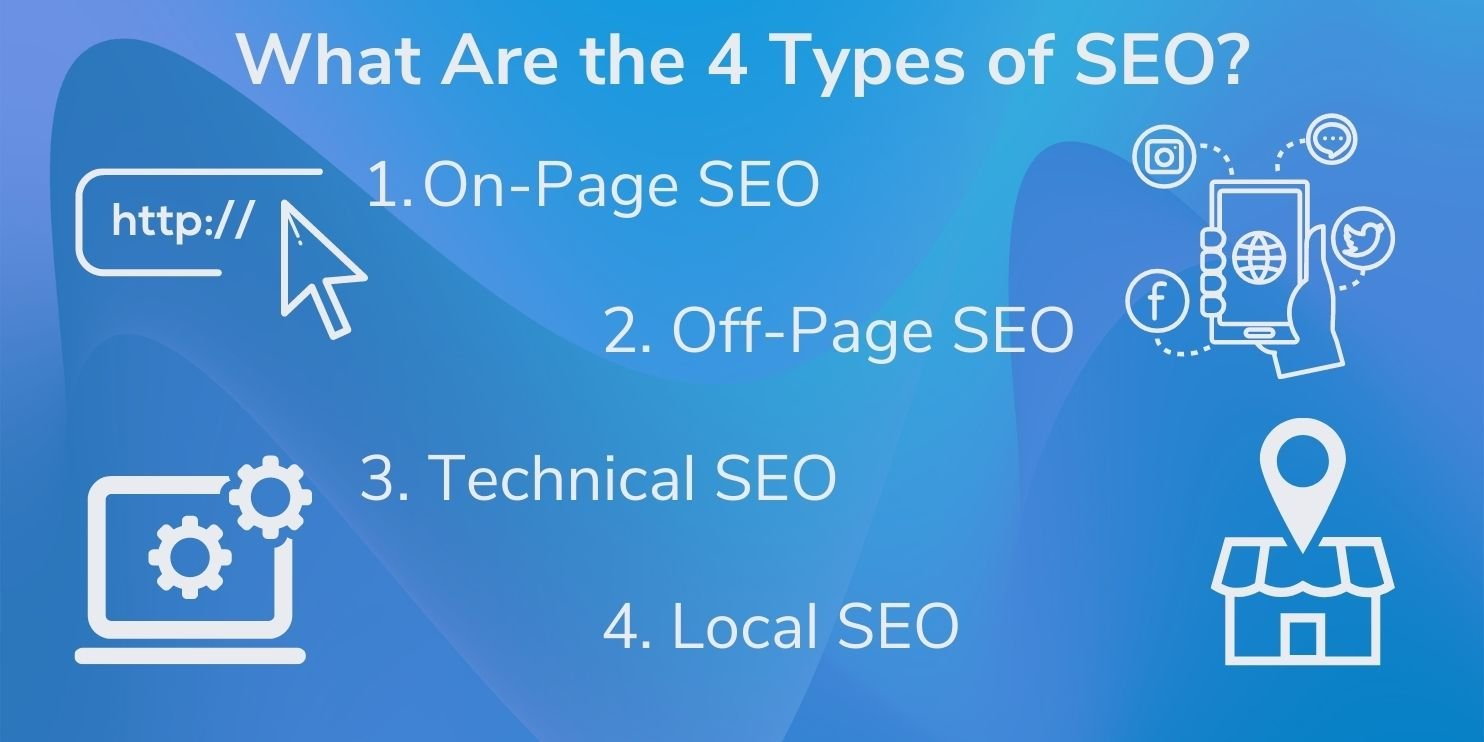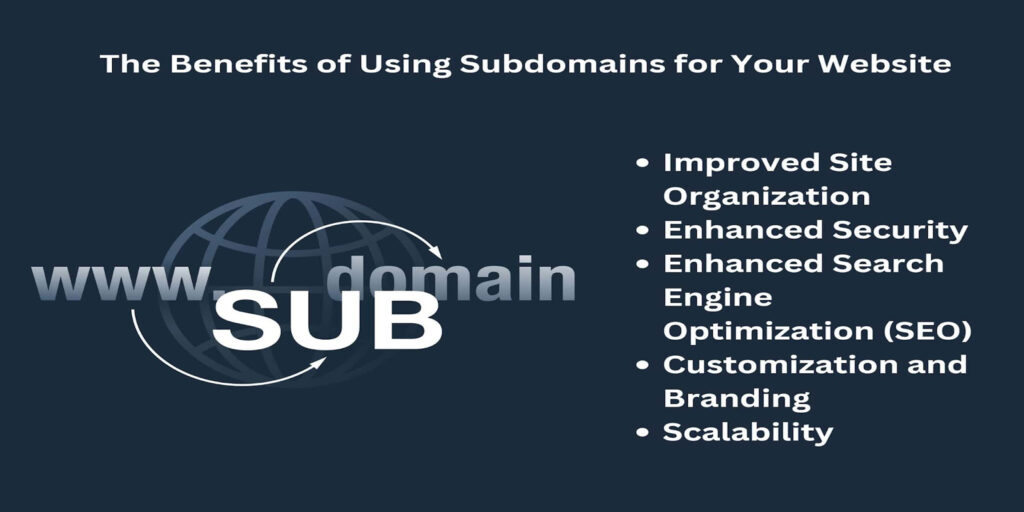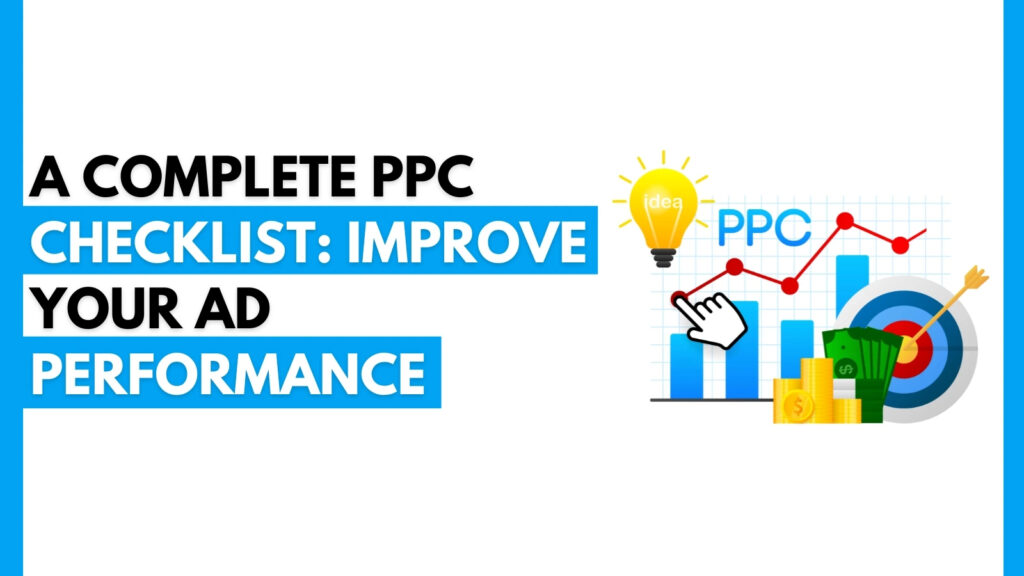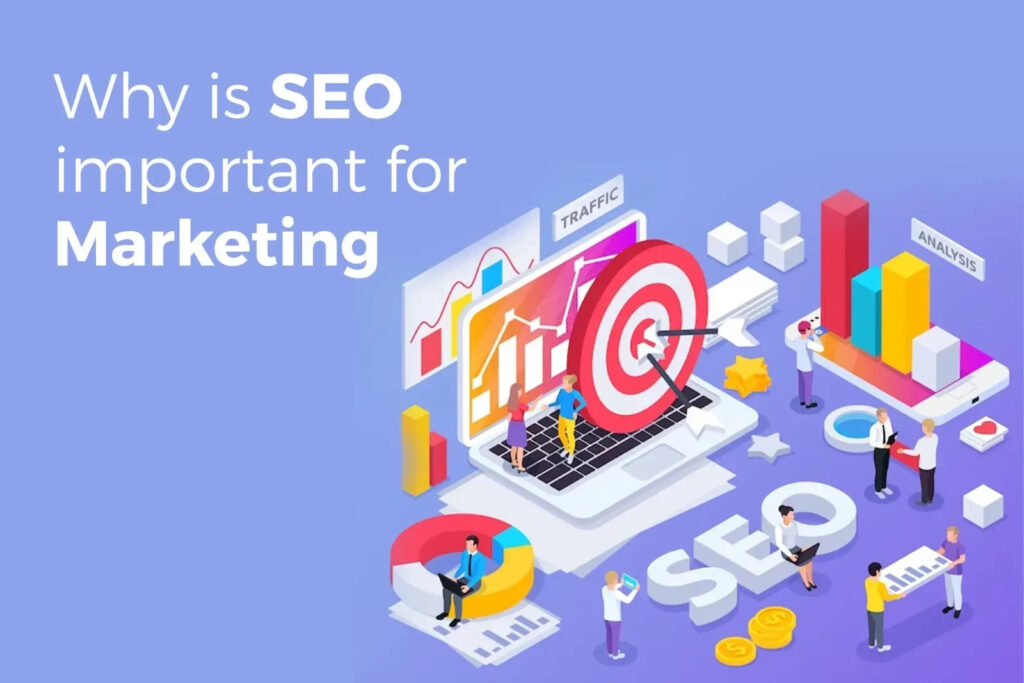Search Engine Optimization (SEO) is the backbone of digital marketing. Businesses and website owners use SEO to increase their online visibility, attract more traffic, and improve their rankings on search engine results pages (SERPs). Understanding the different types of SEO can help you optimize your website effectively. In this guide, we’ll explore the types of SEO, similar keywords, and frequently asked questions to help you master SEO strategies.
1. On-Page SEO
On-page SEO refers to the optimization techniques applied directly to a website’s pages to improve search engine rankings and user experience.
Key On-Page SEO Factors:
- Keyword Optimization: Placing the right keywords in titles, headings, and content.
- Meta Tags: Optimizing meta titles and descriptions for better CTR (Click-Through Rate).
- URL Structure: Creating short, descriptive, and keyword-rich URLs.
- Internal Linking: Connecting related pages to improve navigation and authority.
- Content Quality: Writing valuable, engaging, and informative content for users.
- Image Optimization: Using alt tags and compressed images for better load times.
Similar Keywords: on-site SEO, page optimization, website SEO techniques
2. Off-Page SEO
Off-page SEO involves activities done outside your website to improve its authority and rankings.
Key Off-Page SEO Strategies:

- Backlink Building: Earning high-quality links from authoritative sites.
- Social Media Marketing: Sharing and promoting content on social platforms.
- Guest Blogging: Writing articles for reputable websites to gain backlinks.
- Influencer Marketing: Collaborating with industry influencers to expand reach.
- Brand Mentions: Getting your brand mentioned without a direct link to increase recognition.
Similar Keywords: external SEO, link building, digital PR
3. Technical SEO
Technical SEO focuses on improving the backend of a website to enhance indexing and crawling by search engines.
Key Technical SEO Elements:
- Website Speed Optimization: Ensuring fast loading times for better user experience.
- Mobile-Friendliness: Making the website responsive for mobile users.
- XML Sitemaps: Helping search engines understand the site structure.
- Schema Markup: Adding structured data for better visibility in search results.
- HTTPS & Security: Implementing SSL certificates for data protection.
Similar Keywords: website performance SEO, site structure SEO, backend SEO
4. Local SEO
Local SEO is essential for businesses targeting customers in specific geographic locations.
Key Local SEO Strategies:
- Google My Business Optimization: Creating and optimizing your GMB profile.
- NAP Consistency: Ensuring name, address, and phone number consistency across directories.
- Local Citations: Getting listed in local directories like Yelp and Yellow Pages.
- Customer Reviews: Encouraging and managing online reviews.
- Local Keywords: Targeting location-based keywords in content.
Similar Keywords: geographic SEO, location-based SEO, local search optimization
5. E-Commerce SEO
E-commerce SEO is focused on optimizing online stores to drive more sales.
Key E-Commerce SEO Strategies:
- Product Page Optimization: Using keyword-rich descriptions and unique content.
- Category Page SEO: Structuring categories to improve navigation and ranking.
- User Experience (UX) Optimization: Enhancing shopping experience with intuitive design.
- Rich Snippets & Schema Markup: Making products more attractive in search results.
- SEO-Friendly URLs: Keeping URLs short and keyword-optimized.
Similar Keywords: online store SEO, product SEO, eCommerce site optimization
6. Voice Search SEO
Voice Search SEO focuses on optimizing content for voice-activated devices like Google Assistant, Siri, and Alexa.
Key Voice Search SEO Strategies:
- Conversational Keywords: Using long-tail, question-based keywords.
- Featured Snippets Optimization: Structuring content for direct answers.
- Mobile Optimization: Ensuring fast, responsive design.
- Local Search Optimization: Adapting content for location-based queries.
- Schema Markup: Enhancing search engine understanding of content.
Similar Keywords: voice-enabled SEO, AI search optimization, speech-based search
Frequently Asked Questions (FAQs)
1. What are the main types of SEO?
The main types of SEO are On-Page SEO, Off-Page SEO, Technical SEO, Local SEO, E-Commerce SEO, and Voice Search SEO.
2. Which type of SEO is most important?
All types of SEO are important, but the best approach depends on your business goals. On-Page and Technical SEO provide foundational optimization, while Off-Page and Local SEO enhance visibility.
3. How can I improve my website’s SEO?
To improve SEO, focus on keyword optimization, high-quality content, backlink building, technical performance, and mobile-friendliness.
4. What is the difference between On-Page and Off-Page SEO?
On-Page SEO involves optimizing elements on your website, while Off-Page SEO focuses on external factors like backlinks and brand mentions.
5. How does Local SEO help businesses?
Local SEO improves visibility in local searches, helping businesses attract nearby customers through Google My Business, local citations, and reviews.
6. Is SEO a one-time process?
No, SEO requires ongoing efforts to adapt to search engine algorithm updates, competition, and changing user behavior.
Conclusion
Understanding the different types of SEO can help you implement the right strategies to improve your website’s ranking and attract more traffic. By focusing on On-Page SEO, Off-Page SEO, Technical SEO, Local SEO, E-Commerce SEO, and Voice Search SEO, you can create a well-rounded digital marketing strategy. Keep optimizing, stay updated with trends, and watch your online presence grow!





